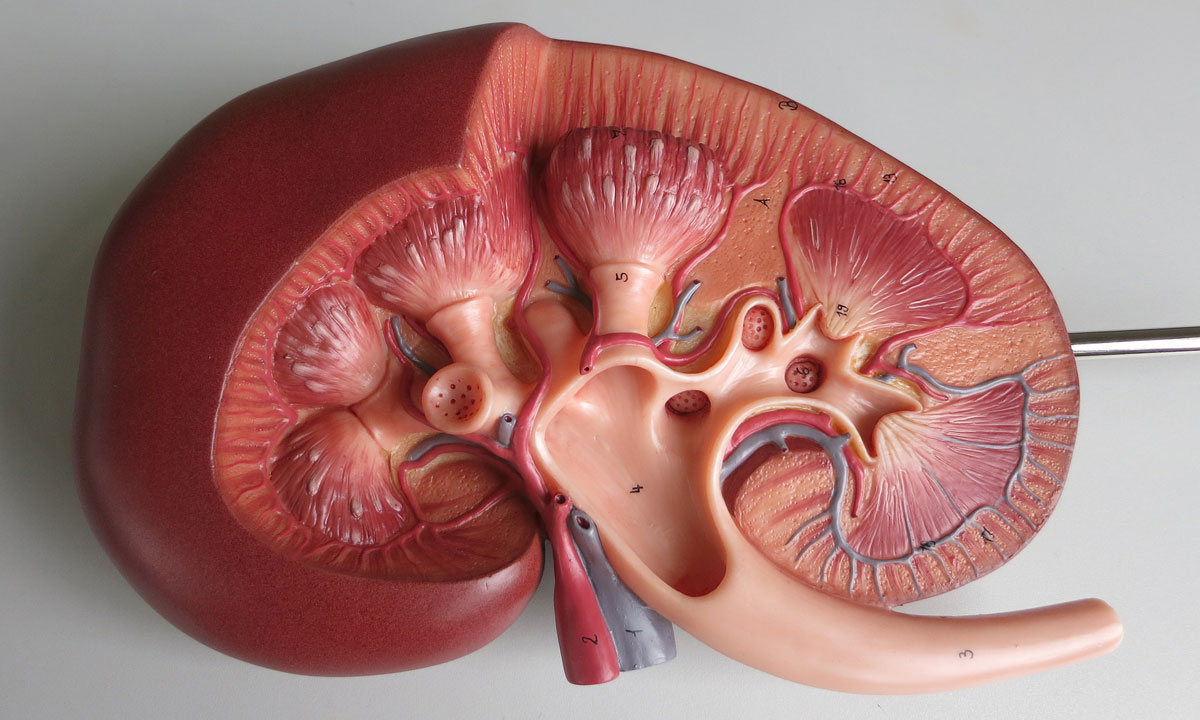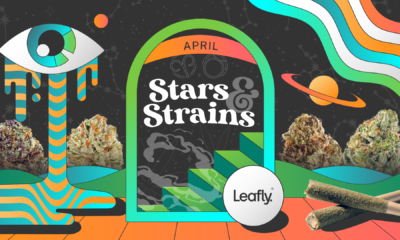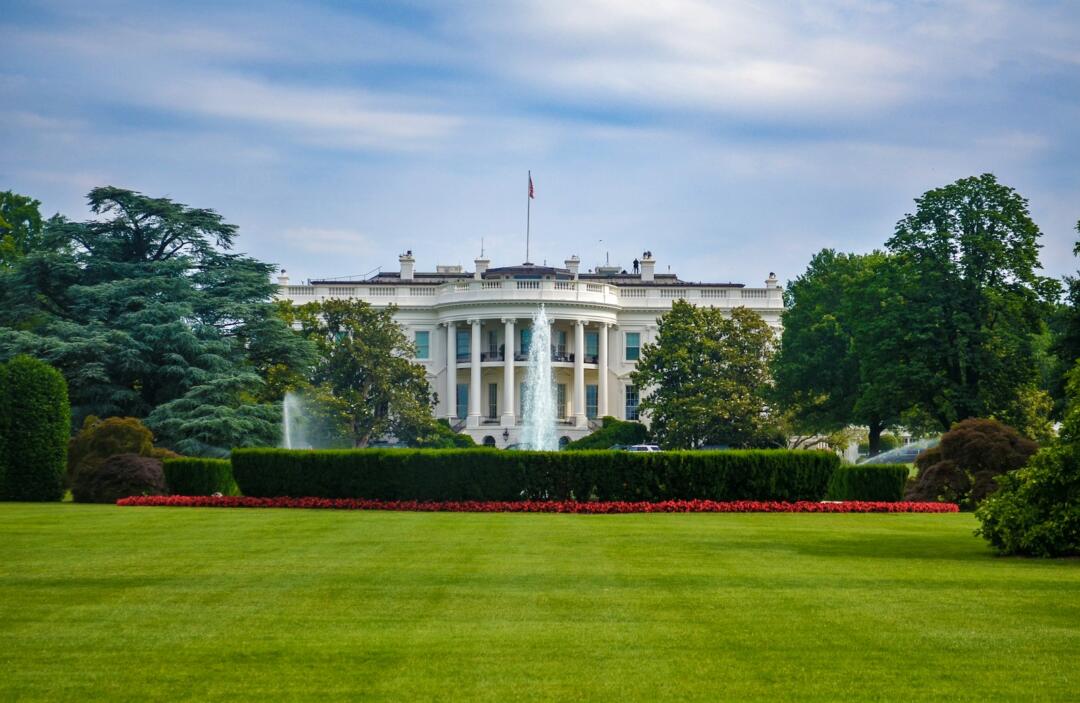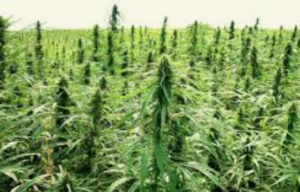Although there are different diseases and medical conditions that take people’s lives, in the US kidney disease is the ninth leading cause of death. It’s also estimated that 31 million Americans (10 percent of the US adult population) are diagnosed with chronic kidney disease (CKD). The proper functioning of our organs is essential, especially our kidneys. One of the main symptoms of chronic and non-chronic kidney disease includes long-lasting pain, which can lead into other painful symptoms. Currently, many physicians prescribe opioids to patients to help them manage their pain. However, opioids and other pharmaceutical drugs have been proven harmful and addictive. Fortunately, though, cannabis and derivatives of it can provide relief to people with kidney disease, especially chronic pain associated with the disease. Here is information about marijuana’s cannabinoids and kidney disease which might prove useful.
Purpose Of The Kidneys & Possible Causes Of Kidney Disease
For those who don’t know, the main purpose of our kidneys is to clean our blood through the removal of excess fluid, minerals, and waste. Our kidneys also help keep the body clean and free from toxic compounds including byproducts accumulated from chemical consumption, digestion, and even muscle activity. Additionally, the kidneys are responsible for maintaining the correct amount of potassium, sodium, salt, phosphorous, and minerals within our bloodstream.
Regarding possible causes of kidney disease, it’s important to know the different types of this disease. For example, the different types of kidney disease/malfunction are categorized as chronic kidney disease (CKD), acute kidney injury, and acute renal failure (ARF). In most cases, CKD can be caused by immune system conditions such as HIV/AIDS, Lupus, Hepatitis B, and Hepatitis C. Other possible causes for kidney disease include injuries, different medications, or genetic issues.
Also, if an individual has been diagnosed with diabetes, high blood pressure, or one of their relatives has kidney disease, that individual is at a greater risk of being diagnosed with kidney disease.
Current Kidney Disease Treatments
To determine if someone has kidney disease or poor kidney function, a physician can administer different tests to find out what’s going on. Once someone is diagnosed with kidney disease, it’s common to experience chronic pain alongside other physical and emotional symptoms. Many physicians prescribe painkillers like opioids to their patients as a form of pain management. However, opioids can cause and/or intensify additional adverse effects of the disease including nausea, insomnia, anorexia, and pruritis. These adverse effects can negatively impact a patients’ quality of life and overall well-being. Depending on the severity of the disease though, some patients undergo dialysis or a kidney transplant.
Alternative Kidney Disease Treatments (Cannabis)
Aside from the treatments briefly mentioned, many patients seek out alternative forms of treatment like cannabis. Recent research has been done on cannabinoids, which has helped legitimate the usage of cannabis-based medicine. According to the National Institute of Health findings, CB1 and CB2 receptors are found in numerous tissues within the body including the kidneys. Although cannabis and different cannabinoids can relieve many kidney disease symptoms, it doesn’t cure the disease completely.
Regardless, cannabinoids have demonstrated their effectiveness in helping treat symptoms associated with kidney disease including anorexia/cachexia, insomnia, anxiety, depression, and pruritis. Chronic pain is another common symptom associated with kidney disease, which can be treated with THC. It has been found that THC acts as an analgesic in addition to containing anti-emetic, anti-nausea, appetite stimulating, and muscle relaxant properties. Additionally, several clinical studies have discovered that sleep quality significantly improved in patients who consumed cannabinoids to treat chronic pain and intractable pruritis.
Medical Benefits Of Cannabis In Treating Kidney Disease
Furthermore, cannabis and derivatives of it could prevent kidney damage while also relieving pain and other distressing symptoms. Whereas, many non-steroidal anti-inflammatory drugs can result in harmful chemicals entering the bloodstream. As a result, the kidneys are put under significant pressure. Numerous non-steroidal anti-inflammatory drugs including Ibuprofen, Advil, Motrin, Aspirin, and Aleve contain a high amount of substances that are toxic to the kidneys. On the other hand, cannabis has very few side effects on our organs. There’s also no risk of a cannabis overdose resulting in harming or damaging our organs.
Overall, small improvements in kidney disease symptoms through the usage of THC and CBD could be clinically beneficial for patients who experience hard-to-treat symptoms. So far though, cannabis-based medicine for kidney disease, and specifically, CKD is being considered.
Although cannabis doesn’t cure kidney disease, it can effectively alleviate many symptoms associated with it. As a result, a quality of life improvement can occur, which can lead to a life with more enjoyment and less pain. At the end of the day, isn’t that what we all want?

 Cannabis News2 years ago
Cannabis News2 years ago
 One-Hit Wonders2 years ago
One-Hit Wonders2 years ago
 Cannabis 1012 years ago
Cannabis 1012 years ago
 drug testing1 year ago
drug testing1 year ago
 Education2 years ago
Education2 years ago
 Cannabis2 years ago
Cannabis2 years ago
 Marijuana Business Daily2 years ago
Marijuana Business Daily2 years ago
 California2 years ago
California2 years ago



























